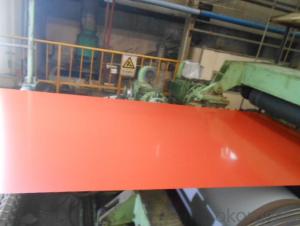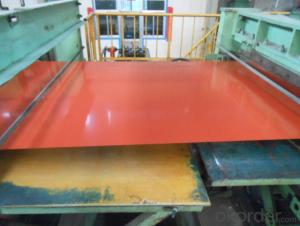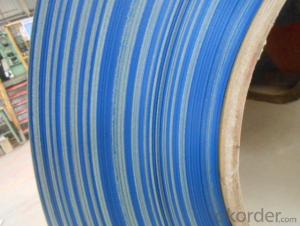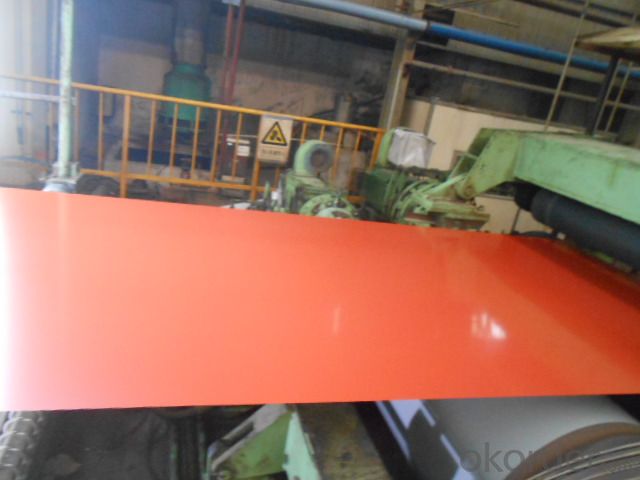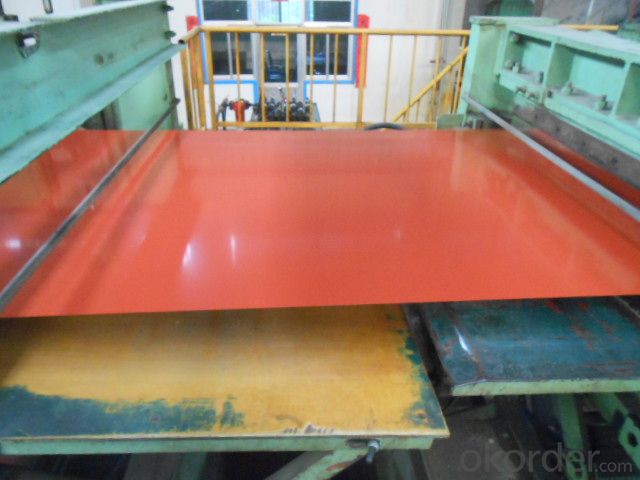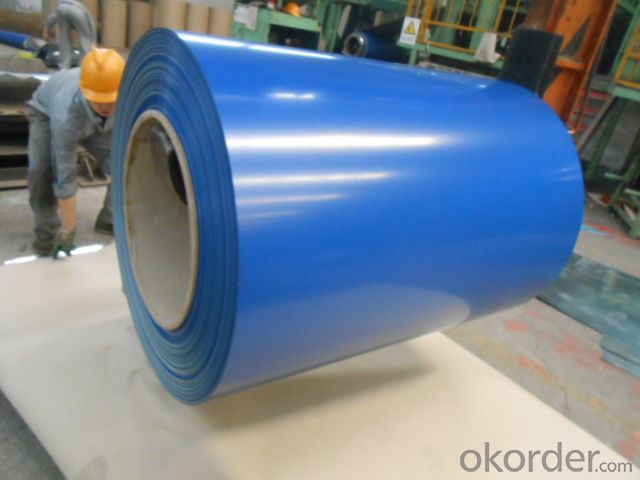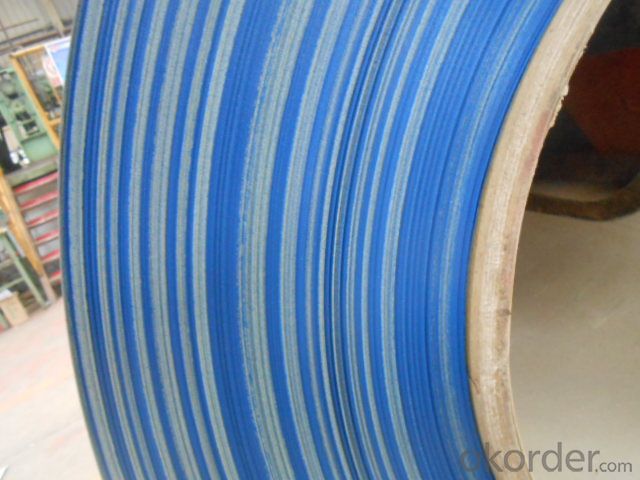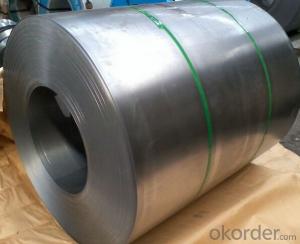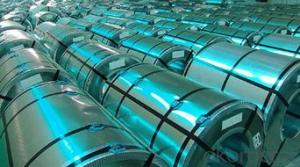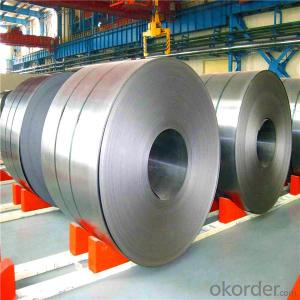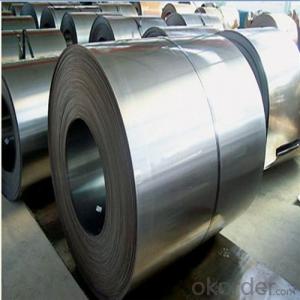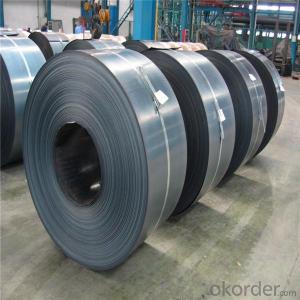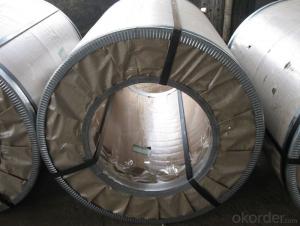Cold Rolled Steel Coil - Best Quality with Low Price China
- Loading Port:
- China main port
- Payment Terms:
- TT OR LC
- Min Order Qty:
- 50 m.t.
- Supply Capability:
- 10000 m.t./month
OKorder Service Pledge
OKorder Financial Service
You Might Also Like
Cold Rolled Steel Coil - Best Quality with Low Price China
1.Structure of Cold Rolled Steel Description:
The raw material of cold rolled steel coil/sheet is high quality hot rolled product, and after pickling continuous rolling, degreasing, annealing,skin pass,slitting and cut to length line etc. Along with it many kinds of new technology and new process of global cold rolling production have been applied. Therefore the quality of the goods could be guaranteed.
2.Main Features of the Cold Rolled Steel:
• Excellent process capability
• Smooth and flat surface
• Excellent heat resistance performance
• Good formability
• Good visual effect
3. Cold Rolled Steel Images
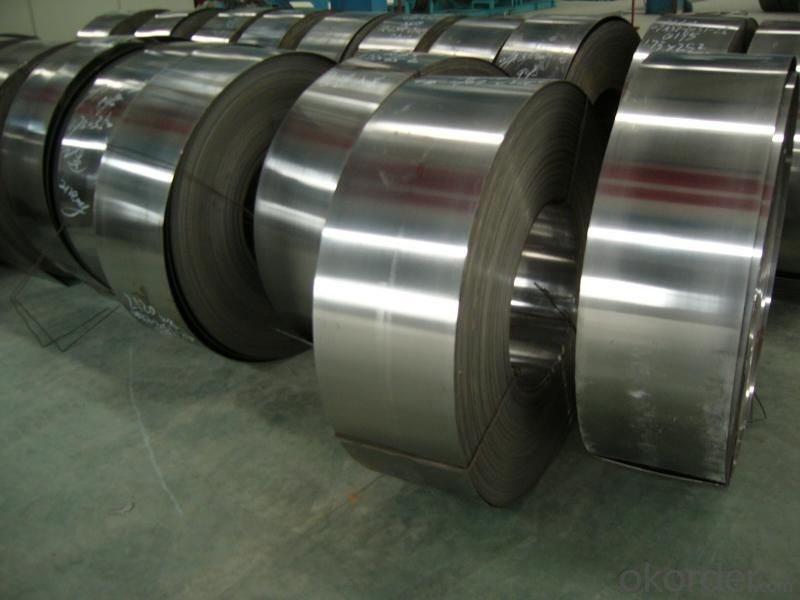
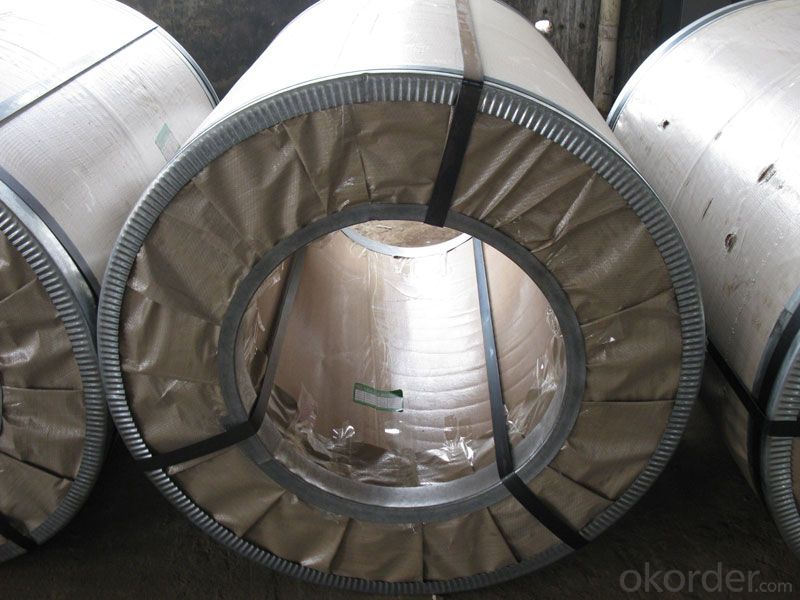
4.Cold Rolled Steel Specification
Standard:AISI,ASTM,DIN,GB,JIS,JIS G3302 ASTM 653M EN10142
Grade: Q195~Q345
Thickness: 0.16mm~2.0mm
Width: 1250mm MAX
Coil weight:3-12 MT
Coil ID:508/610mm
Chemical composition:
C | Si | Mn | Cr | Ni | P | S |
0.150 | 0.476 | 11.231 | 12.50 | 0.900 | 0.039 | 0.010
|
FAQ
1.How to guarantee the quality of the products?
We have established the international advanced quality management system,every link from raw material to final product we have strict quality test;We resolutely put an end to unqualified products flowing into the market.
2. How long can we receive the product after purchase?
Usually within thirty working days after receiving buyer’s advance payment or LC. We will arrange the factory manufacturing as soon as possible. The cargo readiness usually takes 15-25 days, but the shipment will depend on the vessel situation.
- Q: Does steel contain nickel?
- Stainless steel is a steel than contains at least 10% chromium. But there are many nuance of stainless steel, with different composition for various applications, and some do contain nickel. But not all types of stainless steel contain nickel.
- Q: How do you calculate the weight of a steel coil?
- In order to determine the weight of a steel coil, one must have knowledge of its dimensions and the specific gravity of the steel. The weight can be calculated using the following formula: Weight of steel coil = Length of coil (in meters) x Width of coil (in meters) x Thickness of coil (in meters) x Specific gravity of steel To begin, measure the length, width, and thickness of the steel coil in meters. It is important to ensure that all measurements are in the same unit in order to obtain accurate calculations. Next, find the specific gravity of the steel. The specific gravity is the ratio of the density of the substance to the density of water. For steel, the specific gravity is typically around 7.8. Multiply the length, width, and thickness of the coil together. This calculation will provide the volume of the steel coil in cubic meters. Lastly, multiply the volume of the coil by the specific gravity of steel to obtain the weight of the steel coil in kilograms (kg). Please note that this calculation only accounts for the weight of the steel coil and does not consider any additional factors such as the core material or any other components included in the coil.
- Q: Can steel coils be used in the production of medical equipment?
- Medical equipment production often incorporates steel coils. Steel, being a versatile material, is renowned for its strength, durability, and ability to withstand diverse environmental conditions. It is frequently employed in the manufacture of medical equipment such as surgical instruments, orthopedic implants, hospital beds, and diagnostic machines. The usage of steel coils as raw materials is commonplace in the production process. They can be processed and shaped into a multitude of forms, sizes, and components essential for medical equipment. By cutting, shaping, and welding the coils, intricate parts with precise specifications can be crafted, guaranteeing the quality and performance of the final product. Additionally, steel coils can undergo surface treatment to enhance their resistance to corrosion. This makes them appropriate for use in medical environments where cleanliness and hygiene are crucial. Electroplating or powder coating can be applied as protective coatings, offering an extra layer of defense against rust and other forms of degradation. Moreover, steel proves to be a cost-effective material, making it an appealing choice for manufacturers of medical equipment. Its availability and affordability render it a preferred option for producing high-quality medical devices while managing production costs. To summarize, the utilization of steel coils in the production of medical equipment is indeed viable. Their strength, durability, versatility, and cost-effectiveness make them an ideal selection for manufacturing various components and instruments utilized in the healthcare industry.
- Q: Well im currently doing a project. Wanna help me? Because trust me, i really need it. You know how steel was created in China? If you didnt, you just learned something newww(: but anyways got any info on that? Websites? or just info from websites? Well lemme know because if its the best you get Best Answer Easy points right? (: Okay thanksss (:
- Steel is created in a primitive way whenever iron oxide ore (red dirt) is mixed with wood and burned. Seemingly everyone has a pet theory how their own selected country was the first to notice and do it on purpose. Regards, Larry.
- Q: Hello... I'd like to know where I can find proof of this answer as well please. My own searching didn't come up with anything concrete.I'd like to know how much the ambient temperature inside of a hollow steel tube would rise by if the outside of that tube was exposed to an 1100 degree flame for a period of 3 seconds.If specifics help, they are something along the lines of 3.125 O.D. tube, 0.35 wall thickness. High grade steel, can't be more specific than that sorry.Thanks for any answers!
- yes it is very possible. as what our teacher in physics said that steel is a good conductor of heat..
- Q: How are steel coils used in the manufacturing of power transmission towers?
- Steel coils are used in the manufacturing of power transmission towers as they can be cut and shaped into various components such as beams, plates, and brackets. These components are then assembled to create the structure of the tower, providing strength and stability required to support the transmission lines.
- Q: How are steel coils used in the production of electrical transmission towers?
- Steel coils are used in the production of electrical transmission towers as they are shaped and welded to create the structural framework of the towers. The coils are unrolled, cut, and formed into the required shape, providing strength and stability to support power lines and equipment.
- Q: I have a tiara and it oxidized and I'm not sure what material it is. I know it it isn't metal so i was wondering if is steel? Also if it's steel, can I do something to clean it?
- Yes - Steel can oxidize, its most commonly called rust Steel is a metal. Depending on the level of oxidation, you might be able to polish it with very fine steel wool. If is is really bad, then you might need a chemical cleaner such as Naval Jelly, which can be found at the hardware store. But the Naval Jelly might discolor the metal, so then you might need to polish it afterward to return its finish.
- Q: I really need help what is the origon of stainless steel?
- In metallurgy, stainless steel, also known as inox steel or inox from French inoxydable, is a steel alloy with a minimum of 10.5% chromium content by mass.
- Q: How are steel coils inspected for camber?
- To ensure the quality and suitability of steel coils for further processing, various methods are employed to inspect their camber. One commonly used approach is visual inspection, where trained inspectors carefully examine the coils for any visible indications of camber. They search for any deviations from a perfectly straight surface, such as bows or curves, which serve as signs of camber. Another method involves the use of specialized equipment, including straightedges, measuring tapes, and laser devices. Inspectors place the straightedge along the length of the coil to assess any gaps or spaces between the coil and the straightedge. If a significant deviation is detected, it signifies the presence of camber. Measuring tapes are also utilized to measure the distance between the coil and the straightedge at multiple points along its length. This enables inspectors to ascertain the extent of camber and determine if it falls within acceptable tolerance limits. In some cases, laser devices are employed to provide a more precise measurement of camber. These devices emit a laser beam that reflects off the surface of the coil and is subsequently analyzed to determine the presence and magnitude of camber. Furthermore, advanced technologies such as computer vision systems and artificial intelligence algorithms are now being integrated into the inspection process. These technologies have the capability to analyze images or videos of the steel coils and automatically detect any camber, thereby delivering accurate and efficient inspection results. In conclusion, the inspection of steel coils for camber involves a comprehensive approach that combines visual inspection, manual measurements using straightedges and measuring tapes, and the utilization of advanced technologies. This multifaceted approach ensures effective detection and control of camber, thereby upholding the quality and integrity of the steel coils.
Send your message to us
Cold Rolled Steel Coil - Best Quality with Low Price China
- Loading Port:
- China main port
- Payment Terms:
- TT OR LC
- Min Order Qty:
- 50 m.t.
- Supply Capability:
- 10000 m.t./month
OKorder Service Pledge
OKorder Financial Service
Similar products
Hot products
Hot Searches
Related keywords
